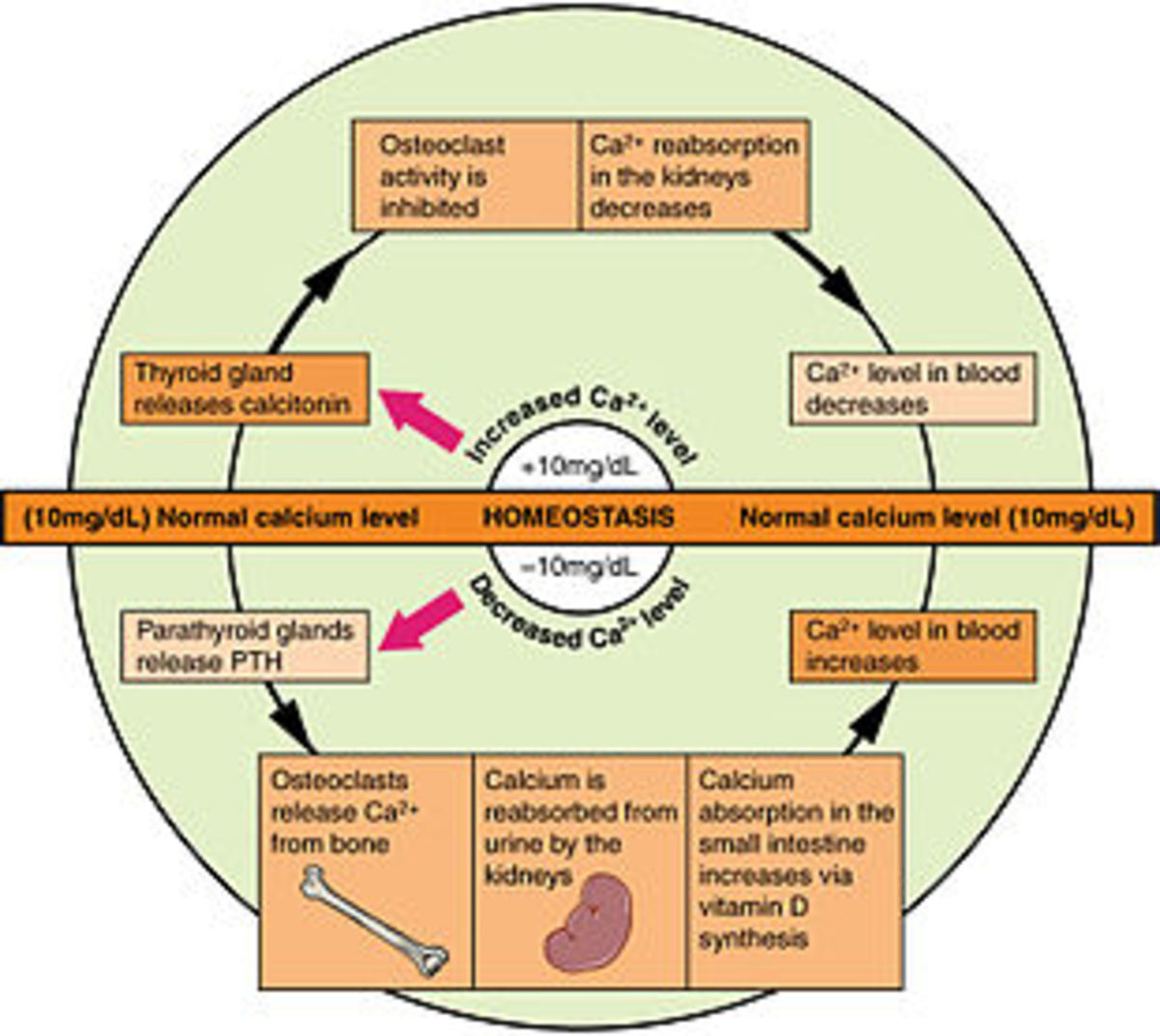How to Get Compounded Medicine

When someone is sick, the last thing they want to worry about is medication. The process seems fairly clear. If you aren't recovering on your own, go to the doctor. Get a prescription, and have the prescription filled at your pharmacy of choice. For most people, it really is that easy. And the industry works to make it even easier, with doctors able to use their computer to send a prescription straight to in-network pharmacies. But some people have unique conditions that formulary medication just doesn't quite cover.
If your neighborhood pharmacist can't help you find the drug your doctor prescribed in a format that is safe for you, personally, what's a person to do? You could try it anyway, and suffer the consequences, but it's not a pleasant thought. Especially if your unique condition is an allergy.
Most peoples (and healthcare providers) are aware of medication allergies. But many don't realize that it is possible to be allergic to or sensitive to the excipients used to put a medication into pill form. The active ingredient in medications usually is a powdery substance that doesn't hold itself together. In order to get it into a form that both appeals to patients and is in a convenient dosage, other ingredients are added. It's a little like cooking. You don't just dump flour into a pan and get bread, you have to add a little yeast, sugar and salt. But the main ingredient is flour.
In medications, these extra ingredients (which serve a purpose in their own way) are called excipients. They are listed on over the counter medication as 'inactive ingredients'. And they can cause allergic reactions, just like any other substance can.
How Common Are Excipient Allergies
Excipient allergies are considered very rare. And 'Excipient Allergy' isn't the official diagnosis. Excipients themselves aren't allergens. The term 'excipient' is one that means substances that are used to turn a medicinal substance into a suitable consistancy. Two people with excipient allergies could each be allergic to completely different substances.
Most individuals who experience an allergic reaction to excipients in medications already have an identified food allergy. Although medicinal grade ingredients are 'pure' and generally unlikely to contain proteins, the amount of protein present can vary due to processing practices. And different individuals have different tolerance levels. One person with a dairy allergy may be able to tolerate medicinal grade lactose in a tablet. Another dairy allergic individual might take the same tablet and have a severe reaction. Personal tolerance levels and knowledge of potentially dangerous ingredients is important.
A person with any identified allergies should always check not only the active ingredients of medication, but the inactive ingredients. When the medication is over the counter, the patient has access to the packaging and can quickly and efficiently read ingredients. They can also quickly identify the manufacturer and their contact information to call with any questions. It's a little trickier when it comes to prescription medication.
Common Excipients to Avoid
A short list of potential excipients that one might need to avoid (Please note that this is not a list of 'bad' or 'dangerous' excipients, they only need to be avoided if you react to them.)
- Artificial coloring (including blue 1 & 2, green 3, red 3 & 40, yellow 5 & 6)
- Cellulose
- Lactose
- Starches containing gluten
What If You Can't Find a Safe Formula?
Sometimes, despite searching the shelves and phoning every manufacturer phone number you can find, it's still not possible to find the specific medication you need in a format that meets your needs. This is where a compounding pharmacy can help.
A compounding pharmacy is a pharmacy that buys raw pharmaceutical drugs and mixes, or compounds, them into a specific formula that is both appropriate for your condition and safe for your specific needs. They are often utilized for hormonal replacement, since the needs of each woman is so unique, but they are also available to individuals who need unique dosaging or who are allergic to the inactive ingredients in traditional medications.
Once you have determined the need for a compounding pharmacy, you need to find one. You can start with the phone book...or, more relevant these days, do a google search or two that include your home town and the term "compounding pharmacy". Make a list of which ingredients, specifically, you need to avoid in medication. Then pick up the phone and start calling pharmacies.
Explain your need. Make it simple to start with. "I have an allergy to corn derivatives like microcrystalline cellulose, and I was wondering if you are able to compound an antibiotic without them?" The person who answers the phone will likely put you in contact with the pharmacist herself, who will ask more detailed questions and be able to give you an accurate answer. Be prepared to explain your allergy, your experience with excipients, and what fillers might be acceptable (like tapioca starch).
Once you've found a compounding pharmacy you feel comfortable with, who is able to meet your needs, then it's time to go back to your doctor. You may need to make an appointment, even if all you need compounded is an antihistamine. Any medication, from aspirin to Zoloft, needs to be prescribed if it needs to be compounded. Even medication that is usually sold over the counter, and every other human being you know can buy twelve boxes of it over the counter on a whim...a compounding pharmacist needs a signed prescription before they can begin to create your own, personally concocted pharmaceutical need.
Explain to your doctor that the medication he or she recommended and that you need to feel better is not available in a safe formulation for you to take. Let them know that you did your research and called companies, and were assured your only option is to compound a version. (Doctors, like most people, prefer to do things the easy way and have you find something safe that's premade.) Tell them you've found a compounding pharmacy that can compound a safe version for you if they are willing to write a prescription; and then explain how the compounding pharmacist prefers the prescription be worded. Usually it reads something to the effect of "diphenhydramine, compounded with no food dyes, (insert appropriate over the counter sized dosage)" The words "no fillers" or "without additives" might also be used.
You should also provide your doctor with contact information for the pharmacy, in case they feel more comfortable talking to the pharmacist themselves or faxing the prescription in. Request that they keep this information in your medical records so that in the future you won't need to make an appointment to get an otherwise over the counter antihistamine (or analgesic/pain killer) compounded.
The first time is always the hardest. But you have the right to safe, suitable medication. And once you get it the first time, the second and third will be that much easier.
Filling A Compounded Prescription
The rest should be easy. If you have a paper prescription, you'll need to deliver it to the pharmacy in whichever way is most convenient for you. Most pharmacies have fax machines, they also accept a prescription that walks through the front door (although it will need your help walking through that front door). If you or our doctor fax in a prescription, call after an hour or so to be sure it arrived. Some doctor's offices are no longer used to using a fax machine, and the 'to fax' pile gets set aside, or all the pharmacy receives is a cover page.
Once your prescription is accurately delivered, the pharmacist will evaluate the prescription, check their stock on hand and give you a final estimate on the cost. If they do not have your medication on hand, they might contact your doctor to discuss an alternate option. If for some reason they tell you that they can't fill the prescription, ask why and if there is an alternative. There are usually multiple medications that work similarly, and something slightly different that can be compounded safely is usually a better choice for the individual with excipient allergies than taking their chances with a reaction.
Some pharmacies will require you to pay for your medication up front, before they begin to fill your prescription. The process of filling small capsules with exact dosages is tedious and time consuming, they have the right to ensure they will get paid. If you are concerned that they won't fill it in a timely manner, you can use a credit card which protects your purchases. Many pharmacies will accept credit card payments over the telephone, which also saves you a drive. Some will even ship you the medication once your prescription is filled.




